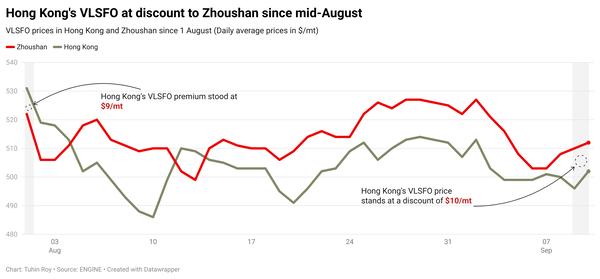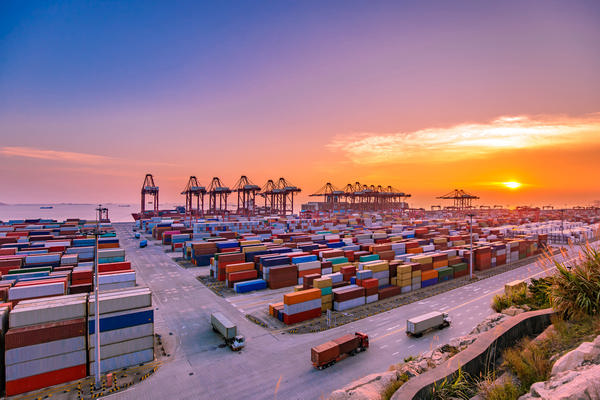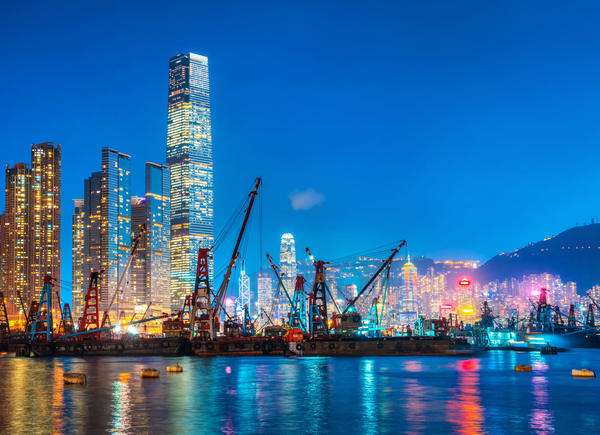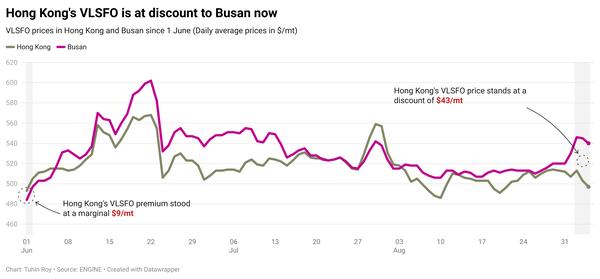Wah Kwong and NatPower partner on Asian shore power push
UK-based renewable energy developer NatPower Marine and Hong Kong-based shipping company Wah Kwong have formed a joint venture (JV) to develop large-scale shore power and charging infrastructure across Asian ports.
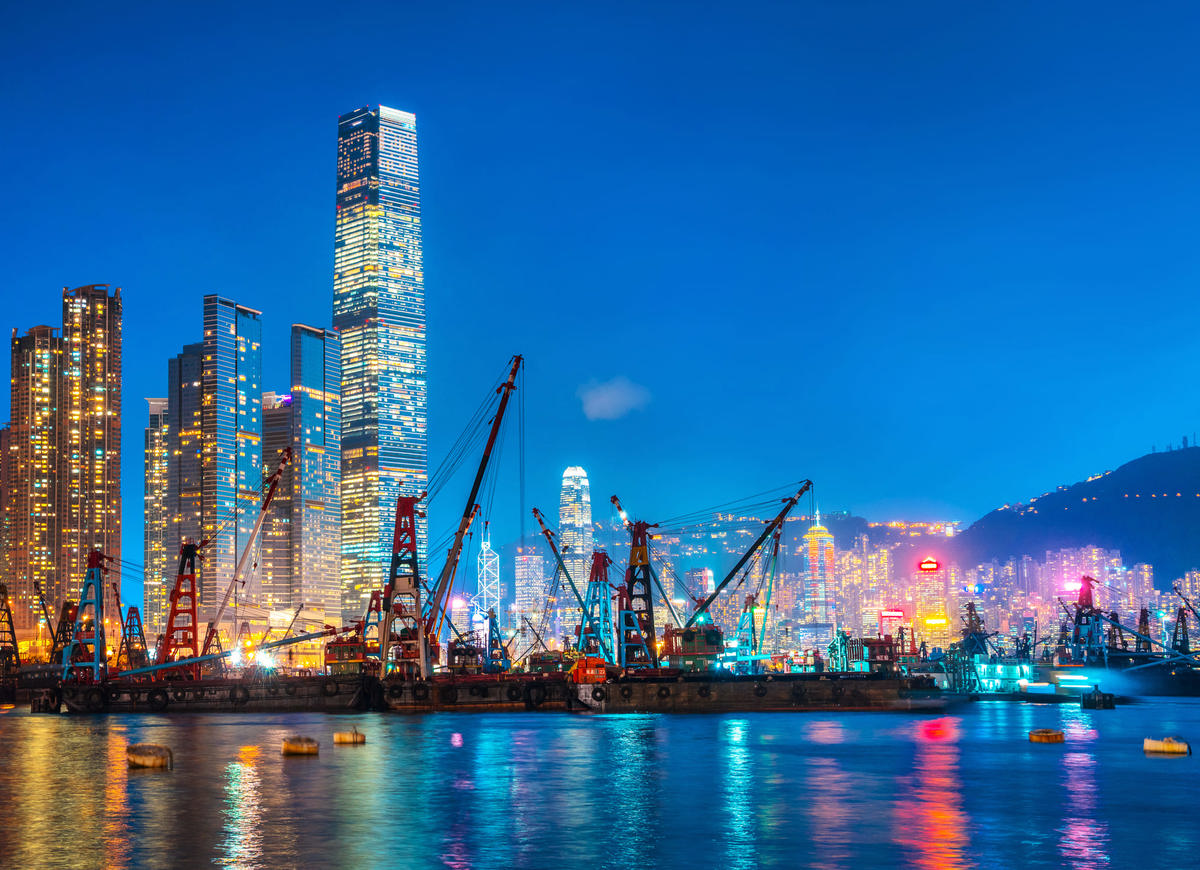 IMAGE: Container ship and working crane bridge with Hong Kong skyline in the background. Getty Images
IMAGE: Container ship and working crane bridge with Hong Kong skyline in the background. Getty Images
The new entity, Wah Kwong NatPower Holdings, will roll out grid-connected facilities in key Hong Kong locations, expand into Greater China, and extend to North Asian markets.
The JV’s goal is to allow vessels to shut down fossil fuel-powered auxiliary engines while docked and instead draw shore-based electricity for onboard needs, as well as charge batteries for short-range propulsion using low-emission power.
Asian rollout plans
The first projects are expected to go live in 2026, targeting busy ferry routes, container terminals and the rapidly expanding cruise sector.
By 2030, the JV aims to deploy shore power infrastructure at more than 30 ports, establishing Asia’s first international clean charging corridor for ships. This network will be linked to the global shore power grid, with Europe and the UK as initial overseas connections.
Operating under a Charge Point Operator (CPO) model—where revenue comes from vessels using the service—the JV will fully finance, build and operate the facilities. This approach removes the need for upfront investment by port authorities.
Each installation will feature shore-side substations, battery energy storage systems and smart grid technology to enable both cold ironing and battery charging for vessel propulsion.
NatPower Marine’s global strategy
In the UK and Ireland, NatPower Marine is investing £100 million (around $135 million) in collaboration with Peel Ports Group to electrify major terminals along the Irish Sea, providing both shore power and vessel charging infrastructure.
Globally, the company is advancing a much larger plan, committing £10 billion (about $14 billion) to develop 120 electrified port sites by 2030, each equipped with shore power and high-capacity charging infrastructure to support the maritime industry’s shift to cleaner energy.
By Tuhin Roy
Please get in touch with comments or additional info to news@engine.online

Contact our Experts
With 50+ traders in 12 offices around the world, our team is available 24/7 to support you in your energy procurement needs.

